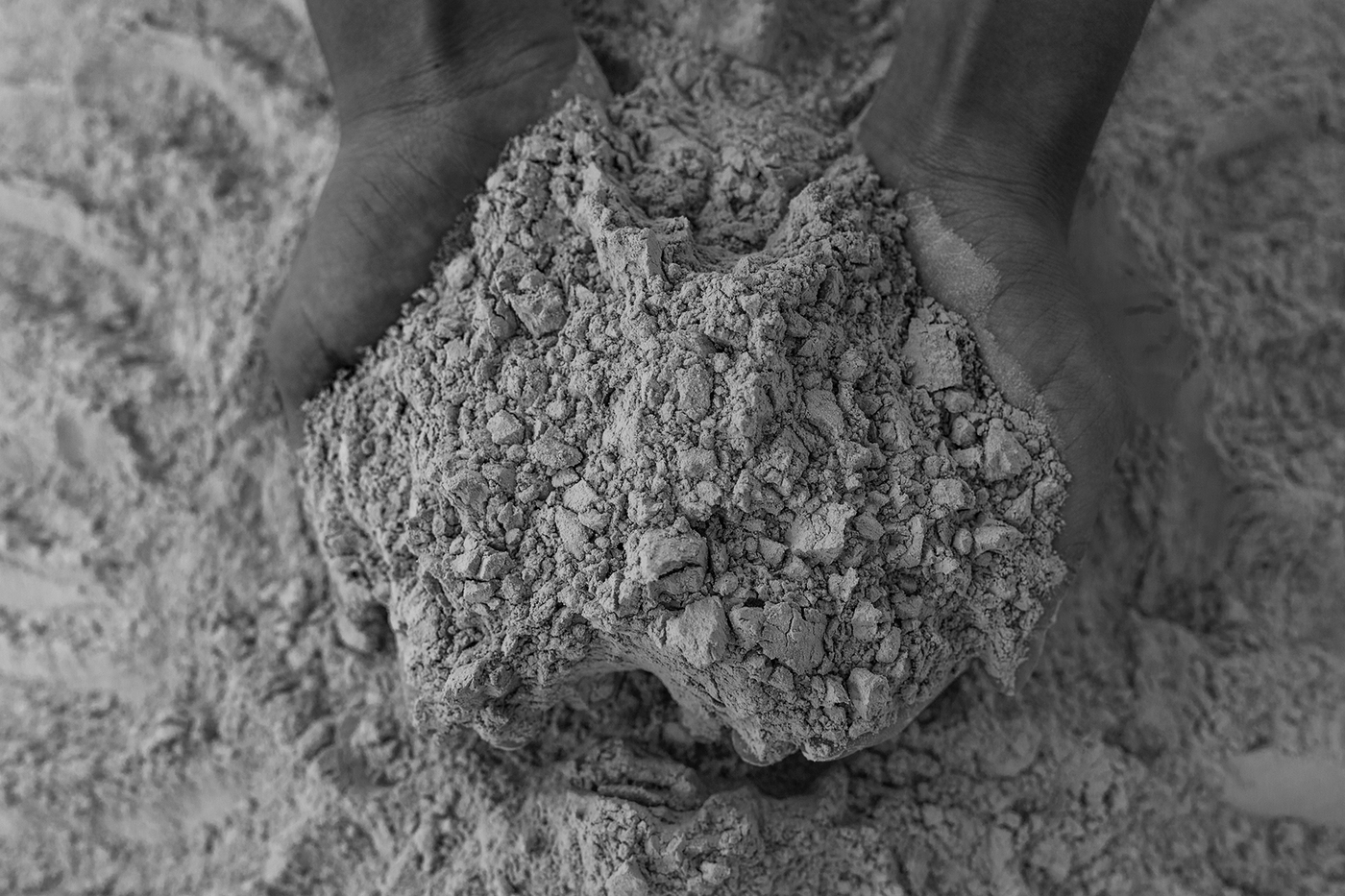)
About Porcelain Stoneware
How Porcelain Stoneware got its name is not entirely clear. But the fact that it testifies to the hardness and durability of the material is obvious. It is actually the most durable ceramic material available for coating. In production, finely ground sand, clay and feldspar are pressed together with extreme pressure and then burned at a high temperature. The result is a compact product without cracks, irregularities or sensitive points.
About porcelain stoneware
Porcelain Stonewear is another word for "Porcellanato".
Porcelain stoneware withstands wear much better than traditional tiles, and it withstands food, acids and cleaning products much better than most natural stones. Therefore, it works well in bathrooms, on floors and for work surfaces in kitchens. Porcelain stoneware does not absorb water (≤ 0.5%) and is not sensitive to frost. It works just as well outside as inside.
Porcelain stoneware can be glazed, painted, printed or left natural, or polished, textured or matt to capture the feel of or imitate other materials or simply be porcelain stoneware. At Bricmate, we have a number of different variants and patterns, including exact reproductions of everything from Swedish green marble and Gotland limestone to Italian Carrara or raw concrete and cement.
Our tiles have different surface structures depending on the area of use. The 9 mm thick tiles work well on both floors and walls indoors, for example in bathrooms. The sheets with 12 mm thickness are adapted for kitchen counters and are therefore a bit shinier and easy to wipe off. The 20 mm thick tiles are primarily intended for outdoor use and are therefore heavier with a slightly coarser surface.